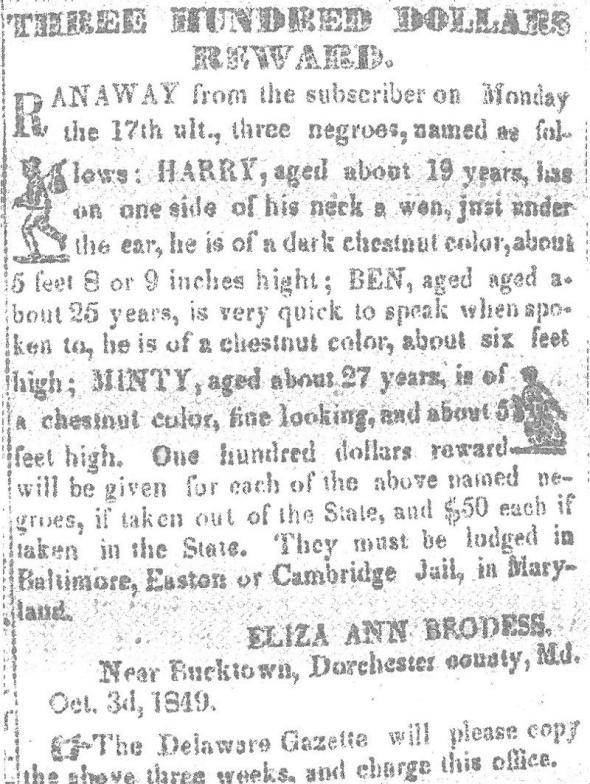Hillary Clinton won the New York primary on Tuesday night, but her national polling numbers are low. This is unfortunate for the Democrats, Jim Newell writes, since Bernie Sanders may feel encouraged to continue his efforts to win over superdelegates in a last-ditch bid for the nomination. “This would only serve to increase the disappointment that Sanders supporters feel when he officially loses,” writes Newell, “and lessen the available timeframe for unifying the party ahead of November.”
Donald Trump and Bernie Sanders have both critiqued their parties’ processes for choosing delegates, which Trump has called “rigged.” Sure, Will Saletan writes, “the system is full of quirks.” But the quirks are there for a reason: ”Let’s not pretend that everyone deserves a say in choosing the nominees,” Saletan argues. “Parties are entitled to privilege their members and choose candidates who best represent their ideas.”
Today, the Treasury Department announced that Andrew Jackson will be booted to the back of the $20 bill, with the front going to Harriet Tubman. Jillian Keenan outlined the case for getting Jackson off our currency in an evergreen piece Slate first published in 2014: “Symbolic change and practical change have a symbiotic relationship. By confronting and correcting the symbols of our violent and racist histories, we prompt conversations about how that legacy continues to affect marginalized communities today.” Come on! We were so close.
There would probably be a huge market for legally-labeled, well-regulated organic marijuana, but there are many obstacles to the production of “clean weed,” writes Rachel E. Gross. “Even as states try to gather data and establish safe levels [of pesticide use],” Gross finds, “they’re being thwarted by the fact that the federal government has to keep pretending that the fastest-growing industry in America doesn’t exist.”
The best high school in the United States (anointed this week by U.S. News and World Report) starts every school day at 9:15 a.m. That’s a great idea, writes Lisa L. Lewis, and it’s frustrating that more schools haven’t followed suit: “The potential longterm gains—students who are well-rested and better performing—far outweigh the short-term logistical headaches.”
For fun: Watch Crissle West and Octavia Spencer tell the story of one of Harriet Tubman’s finest hours (in a life chock-full of them) on Drunk History.
Pretty much in awe,
Rebecca
